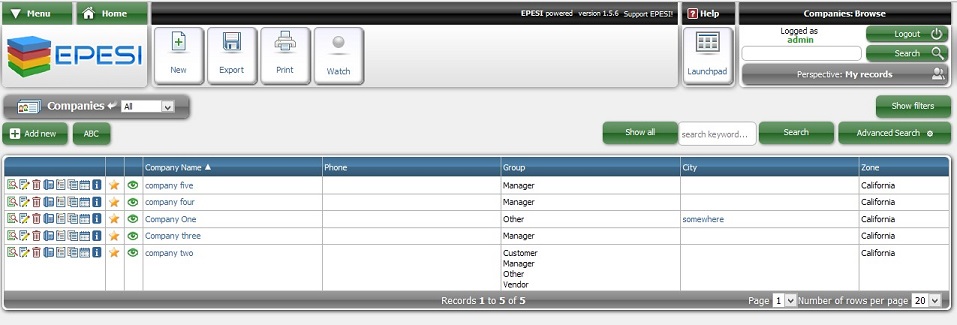For 2-3 years in have been coding in php , then for some time in codeigniter.
Now i want to built some business type application like ERP
and i am confused which language to choose ASP.NET or java
As ASP.NET is growing very rapidly and has large library to do almost anything(I read this on blogpost) on the otherhand java platform indepdent and open source ( I also have some experience i java ) , but don't know how it is feature rich like ASP.NET.
I want to focus mostly on my productivity in business rules rather then setting up cumbersome installtion or steep learning curve to do new things
So Which language do you suggest also I don't have any experience in ASP.NET


